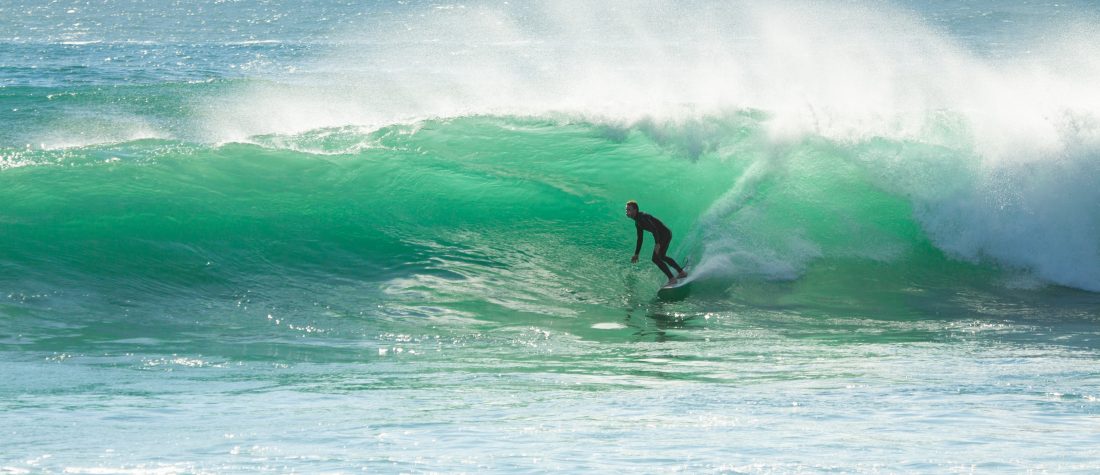“Ó mar salgado, quanto do teu sal São lágrimas de Portugal!” (Oh salty sea, so much of whose salt is Portugal’s tears!)
Verses like this one by the acclaimed 20th century poet, translator and critic Fernando Pessoa were somberly recited in Portugal throughout the early 2010s. In these years the country battled through a bruising cycle of financial insolvency, economic downturn and fiscal austerity. In the midst of the gloomiest outlook of the state’s democracy (established in 1974), Pessoa’s melancholic poetry mirrored the mood of the crisis-stricken nation.
The country’s deficit grew dire, panicking the government at the time, Portugal’s largest centre-right party the Social Democratic Party (PSD). To prevent an insolvency on its debt, in 2011 the Prime Minister Pedro Passos Coelho secured a bailout worth €78 billion from the European Union (EU) and the International Monetary Fund (IMF).
At the same time, he introduced a draconian austerity package of steep tax hikes and salary cuts for public servants. In 2014, economic growth finally reverted to positive numbers. The government exited the bailout that same year and in 2016 the deficit fell below 3%. Whether it was austerity that paid off in the end, or a changing global context combined with a quantitative easing programme from the European Central Bank (ECB)’s, by the mid-2010’s the worst had passed.
This background is crucial to understanding the tenure of Antonio Costa, the socialist Prime Minister since 2015. Costa was propelled to office by a parliamentary no-confidence vote – despite his Socialist Party (PS) falling short of a majority in an election that year. 2015 marked the start of a process of political reordering. The locus of cabinet formation is moving in an unpredictable direction, according to Politics Professor António Costa Pinto. Costa’s ability to govern has thus far hinged on the support of two parties to his left: the unreformed communists of the Partido Comunista Portugués (PCP) and the “democratic socialists” of Bloco d’Esquerda (BE).
Costa’s record, in his party’s own telling, includes consolidating the country’s economic gains whilst sparing it the kind of draconian austerity enforced by his predecessor. In practice, this has meant balancing out the demands of allies to his left with those of the EU. Yet achieving this could not have been possible had Costa not been handed an economy already on the path to recovery.
At an EU level, Portugal’s stance is emphatically in favour of “ever-closer union”. Having held the rotating presidency of the EU Council from January to June last year, Costa’s government advocated for laxer fiscal rules whilst stressing that financial solidarity (of which Portugal is a net beneficiary) should be conditional on supporting “EU values”. Their aim: to consolidate the bloc into a more cohesive coalition of the willing. Yet despite Portugal being expected to receive €16.6 billion in Covid-19 recovery funds from the EU over the next three years, European matters have been markedly absent from the domestic news cycle the past half-decade, says Peter Wise, Lisbon correspondent for the Financial Times.
In 2019, Costa increased his vote share a few percentage points—from 32% to 36%—and renewed his far-left coalition. Yet last November, the PS’s two coalition partners voted down the government’s budget for 2022, which was not deemed progressive enough, thus triggering a snap election scheduled for last Sunday. The results are now in, and they have been so favorable to the PS—it achieved a stunning 41.7% of the vote, equating to 117 seats in a 230-seat parliament—that it was almost worth having lost the budget vote. Ironically, the government has already announced it will move ahead with plans that would have assuaged concerns to its left, such as increasing spending on pensions and healthcare and raising the minimum wage. “Our mission now is to turn the page on the pandemic and ensure the recovery of the sectors most affected”, said Costa in his victory speech.
The election’s key takeaway is that it doesn’t pay off to radicalise yourself into a corner. Once reliably the third and fourth political forces after the PSD and the PS, the Communists and Bloco have been relegated to a distant fifth and sixth. The socialists can now govern without their support. As is tradition in politics (just think of Brutus and Cassius), those perceived to have betrayed allies are denied any reward. Besides PS, the other main winner from this reordering is Chega, the upstart right-wing party, now the nation’s third largest, founded by former sports pundit and civil servant André Ventura. On one hand, Chega has campaigned on bread-and-butter issues like reducing bureaucratic bloat and cutting taxes, but some of its other stances (supporting chemical castration and life imprisonment) are markedly reactionary. The other winner is the Liberal Party of João Cotrim de Figueredo, coming fourth place.
The socialists’ stunning success in Portugal is all the more remarkable in the wider context of Western Europe. Socialist parties have become almost irrelevant forces in France, Belgium and the Netherlands. They may be in government in Spain and Germany, but only as part of larger coalitions where their influence is diluted. Antonio Costa’s success is a shining light for fellows of the European center-left.
Jorge González-Gallarza (@JorgeGGallarza) and François Valentin (@Valen10Francois) are co-hosts of the Uncommon Decency podcast on Europe (@UnDecencyPod). Consider supporting their show on Patreon: patreon.com/UnDecencyPod.
António Costa Pinto is a professor of politics at the University of Lisbon.


